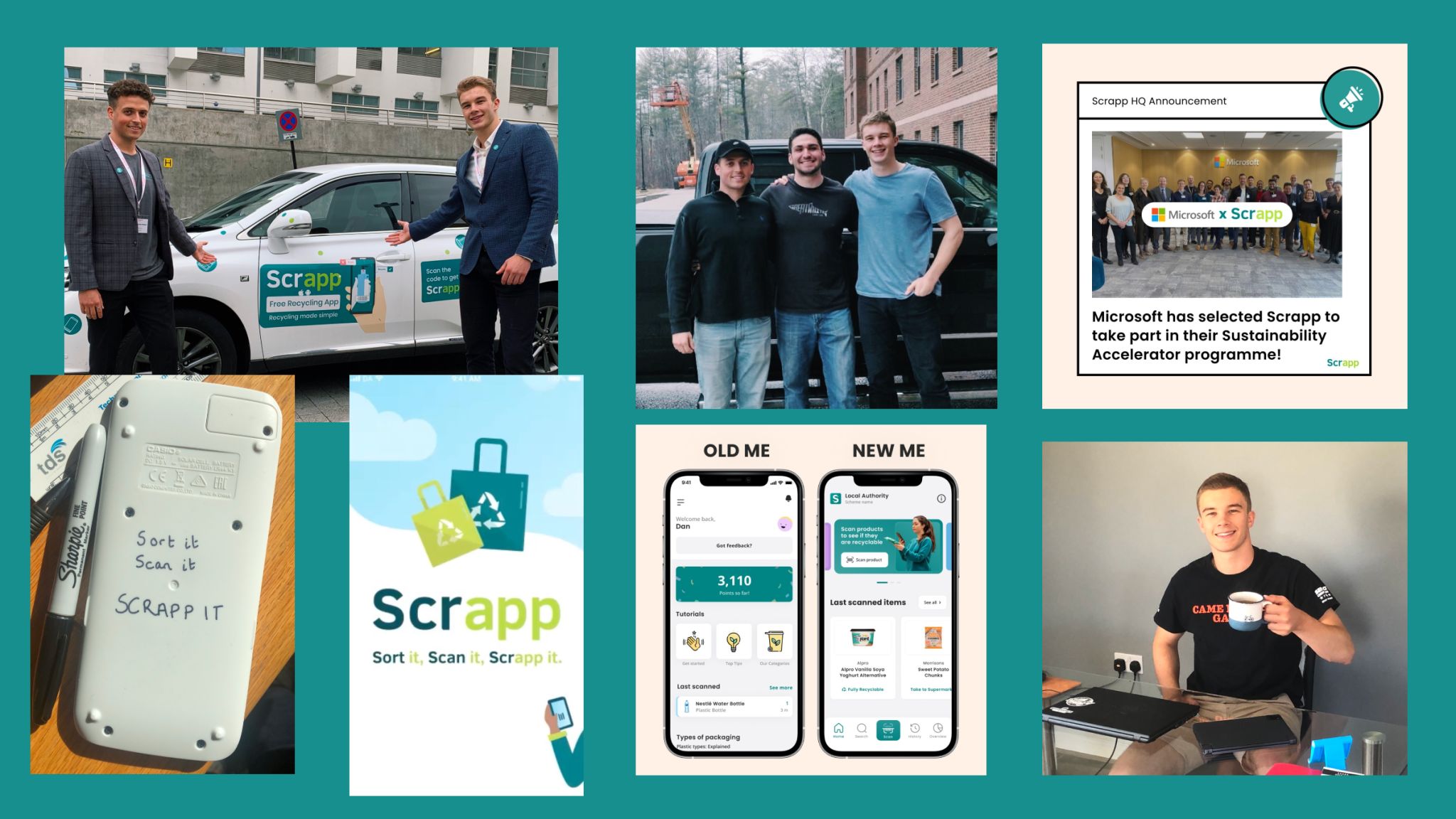Feb 28, 2023

Developed by OpenAI, ChatGPT feels like absolute wizardry to use.
Have you ever returned home from a grocery shop only to realise you’ve missed that all-important item? Next time, try asking ChatGPT to group your list of ingredients based on the isles of a typical supermarket. Want to write a haiku about wine and cheese? No problem. Need a new workout plan? Done.
The best part? It’s completely free. Which means anyone can use it to gain an unfair advantage. Let’s dive in…
Artificial Intelligence (AI) has taken the world by storm recently, with one of the leading players being the natural language processing model known as ChatGPT. In just two months, it set a new record for the fastest-growing user base ever to reach 100 million users.
Tools like ChatGPT have already begun transforming our lives. Make no mistake; this is the very beginning of a fast-moving revolution. So how can businesses make the most of this gold-rush opportunity?
This article presents how businesses can leverage AI to solve problems more efficiently and gain a profitable advantage. We’ll also look at some of the limitations of AI tools like ChatGPT, so you can avoid making costly mistakes and stay ahead of the competition.
What's the opportunity for businesses to use AI?
Imagine generating top-notch product descriptions, social media posts, and even entire SEO-optimised articles in a matter of minutes. How about 3000% returns on ad spend, automatic meeting notes & summaries, or AI to generate spreadsheet formulas?
With ChatGPT, businesses can streamline their processes, freeing up time and resources to focus on other areas of operations. It might sound cliché, but the opportunities for companies to leverage AI tools like ChatGPT in 2023 are endless.
Top 10 Business Use Cases for AI Tools in 2023
Eliminate background noise for clearer calls.
Create videos with human voices from text.
Summarise meeting notes and takeaways.
Personalised customer service co-pilots.
Auto-complete for basically everything.
Tag & organise your digital content.
Generate SEO-optimised articles.
Strategise marketing campaigns.
Research & brainstorm ideas.
Write better emails, faster.
Limitations of AI
Hold on a minute – does this mean we’re ready to replace humans with AI? Not yet. AI-powered tools like ChatGPT are not a quid pro quo for genuine creativity and expertise. For now, it’s far more likely that you’ll be replaced by a human using AI rather than the tools themselves.
Think of ChatGPT as the Iron Man suit to your marketing team's Tony Stark. Iron Man enhances Tony's abilities, and ChatGPT can enhance your team's capabilities. But just as Tony still relies on his human expertise and creativity to save the world, your marketing team should continue to rely on their own skills to resonate with the right audiences and create truly effective campaigns.
Garbage in = Garbage out
The capabilities of these tools are quite difficult to comprehend as they are only really limited by our potential to ask the right questions. Just like calculators, they can only provide the correct answer with the right input, called prompts. The emergence of "prompt engineers" indicates the importance of creating the right prompts to unlock AI tools' full potential.
Bias
AI tools present real risks of biases, such as generating discriminatory content and spreading misinformation. As responsible users of these tools, we must be aware of this and be sure to evaluate any responses provided. The CEO of OpenAI, the company behind ChatGPT, recently acknowledged inherent bias in the tool and assured users that they're working to improve the default settings to be more neutral.
Plagiarism, Relevancy, and Factual Inaccuracy
AI tools pose a risk of plagiarism and factual inaccuracy. An astronomer recently called out Google's AI chatbot Bard for making a factual error in its demo. But everyday users may not realise that the output generated by the tool is not original, leading to unintentional plagiarism. You can take measures to avoid this, for example, by including a request for sources of any facts and figures as part of your prompt.
The relevancy of information can also be brought into question. While writing this, ChatGPT has only been trained on data from September 2021.
Search Engine Optimisation (SEO) Impact
Google's guidelines favour genuine, relevant, and reliable content; AI-generated content may struggle to meet these guidelines. This means that sole reliance on AI-generated content might negatively impact your website’s rank on Google.
Ethical Considerations
Using AI tools raises ethical concerns around data privacy, bias, and deception. These tools collect vast data through web scraping - sometimes without explicit consent. So regulations and policies must be implemented to ensure AI tools are used ethically and responsibly.
The Future of AI Tools
It’s worth remembering that AI tools are an emerging technology, so there are plenty of limitations to consider. But by using them as a starting point to generate ideas and assist workflows, businesses can largely mitigate these drawbacks.
AI is not the enemy. It’s the opportunity of a lifetime. As AI technology continues to advance, it's becoming increasingly clear that tools like ChatGPT will play a crucial role in the future of business, with those early movers able to leverage an unfair advantage over their competitors.
Oh, and if you’re curious whether I used ChatGPT to help me write this…

Did ya think I’d forgotten about that haiku? 🍷🧀
Swiss, cheddar, brie, gouda,
Cheese best combined with wine,
A pairing that's divine.



